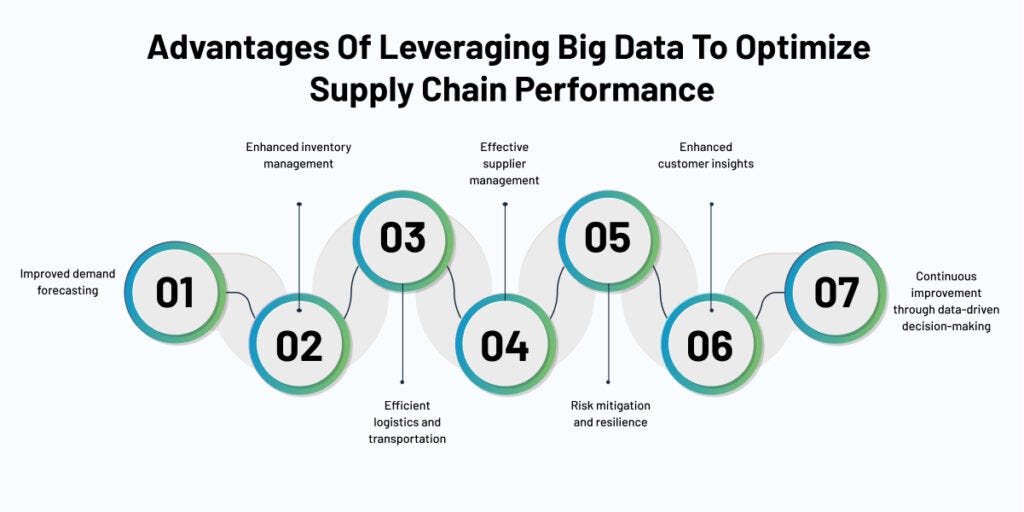A transportation management system is a software system used to plan, execute, and optimize the transportation of goods. It is often used by logistics and supply chain management professionals serving manufacturers, distributors, retailers, and other industries.
Transportation management software fits within an organization’s structure by providing a central platform for managing all aspects of transportation, from route planning and carrier selection to shipment tracking and invoice management.
Transportation management systems allow companies to automate and streamline their transportation processes, resulting in cost savings, improved efficiency, and better visibility of their supply chains, at various stages of execution.
WHO NEEDS A TRANSPORTATION MANAGEMENT SYSTEM?
A transport management system is essential for logistics and supply chain professionals working for manufacturers, and distributors who must manage their inbound and outbound shipments.
Companies that may use TMS software include logistics providers that manage multiple modes of transportation, including trucking, rail, and ocean shipping, and retail companies that need to control the delivery of goods from suppliers to their warehouses and stores.
WHY IS A TRANSPORTATION MANAGEMENT SYSTEM IMPORTANT?
A transportation management system allows companies to optimize their transportation operations by streamlining processes, reducing costs, and improving the overall efficiency of their supply chain.
Transportation management systems can automate many tasks, such as carrier selection, route optimization, and shipment tracking, saving time and money.
BENEFITS OF USING A TRANSPORTATION MANAGEMENT SYSTEM

Improved Efficiency
Transportation management systems (TMS) automate numerous manual tasks involved in supply chain planning and execution, such as route optimization and shipment tracking. This automation saves time and reduces errors. Additionally, TMS software provides real-time visibility into transportation operations, enabling businesses to quickly identify and resolve any issues that may arise.
For instance, consider a retail company that ships products to customers. By utilizing TMS software, the company can plan the most efficient delivery routes, considering factors like traffic, distance, and delivery times. This results in streamlined operations, reduced costs, and enhanced customer satisfaction.
Better Customer Service
Transportation management systems (TMS) enable companies to offer more accurate and up-to-date information about shipments to their customers, including real-time tracking and delivery status. This transparency helps customers make better-informed decisions and reduces the need for customer service inquiries.
For example, a company using TMS software can provide customers with real-time tracking information for their shipments. Customers can see the exact location of their product in transit and have a clear expectation of when it will be delivered, enhancing their overall experience and satisfaction.


Compliance and Safety
A transportation management system (TMS) ensures compliance by providing tools to monitor and track crucial compliance-related information, such as driver hours of service, vehicle maintenance records, and emissions data.
Additionally, TMS software enhances safety by offering tools to monitor and manage driver behavior, such as tracking speeding. It also helps plan safer routes by considering factors like weather and traffic conditions. For example, a TMS allows fleet managers to monitor their drivers’ hours of service in real-time. By ensuring that drivers do not exceed the legal limits for hours on the road, fleet managers can help prevent driver fatigue and ensure compliance with DOT regulations.
Data-Driven Decisions
A transportation management system (TMS) enables companies to make informed decisions based on real-time data analytics. TMS typically collects and stores data on shipping costs, delivery times, and inventory levels, which can be analyzed to identify patterns and trends.
This information helps optimize logistics processes, reduce costs, and improve customer service. For instance, a company using a TMS may identify that its shipping costs for a particular route are higher than the industry average. By analyzing this data, the company can take steps to address the issue and enhance efficiency.

Conclusion
Embracing a Transport Management System (TMS) is essential for modern logistics and transportation operations. By optimizing routes, reducing costs, enhancing efficiency, and improving customer service, a TMS transforms how businesses manage their supply chain. With the added benefits of data-driven decision-making, regulatory compliance, and better resource management, investing in a TMS is a strategic move towards achieving operational excellence and staying competitive in the market. Don’t wait—start leveraging the advantages of a Transport Management System today and watch your logistics operations thrive.